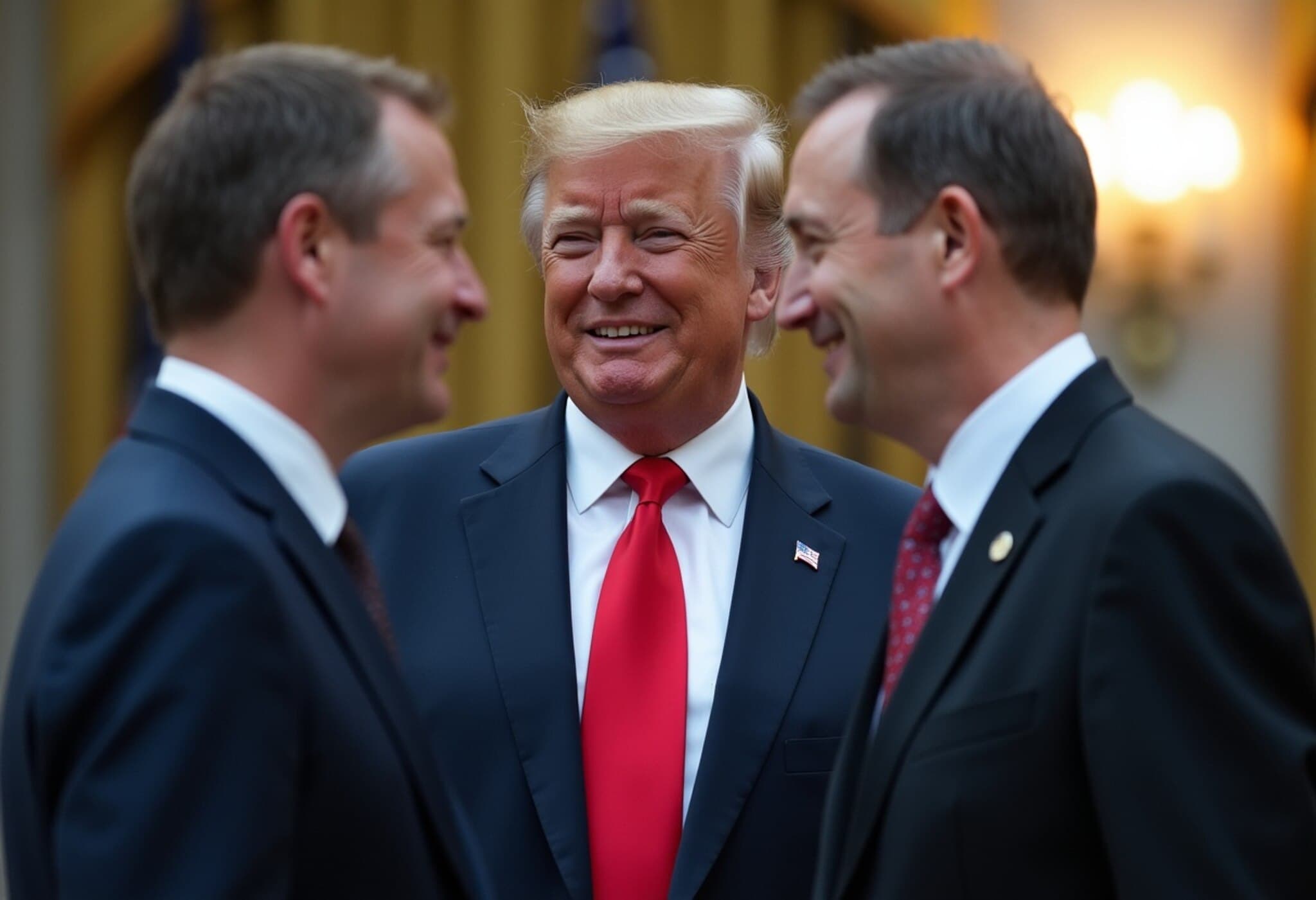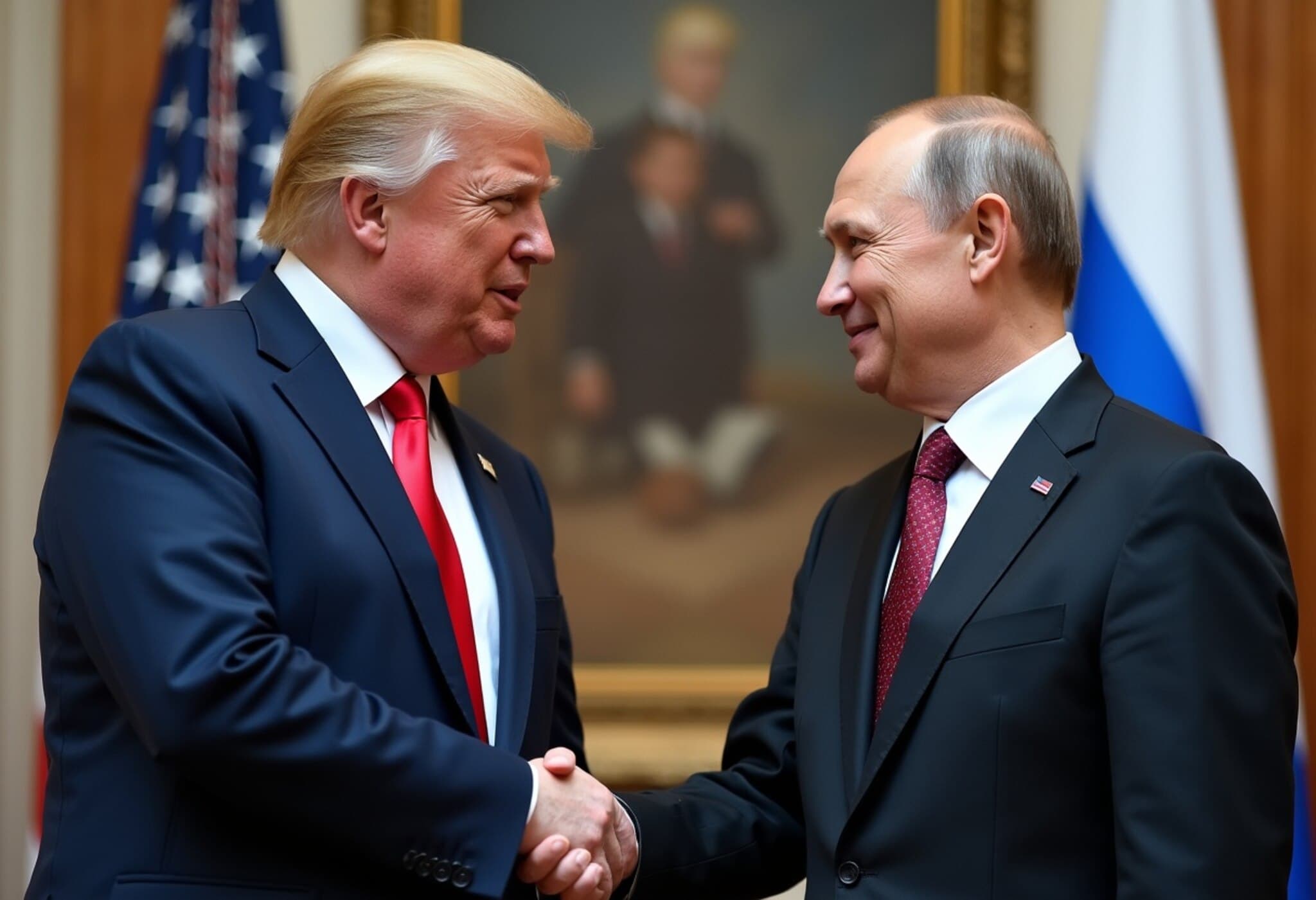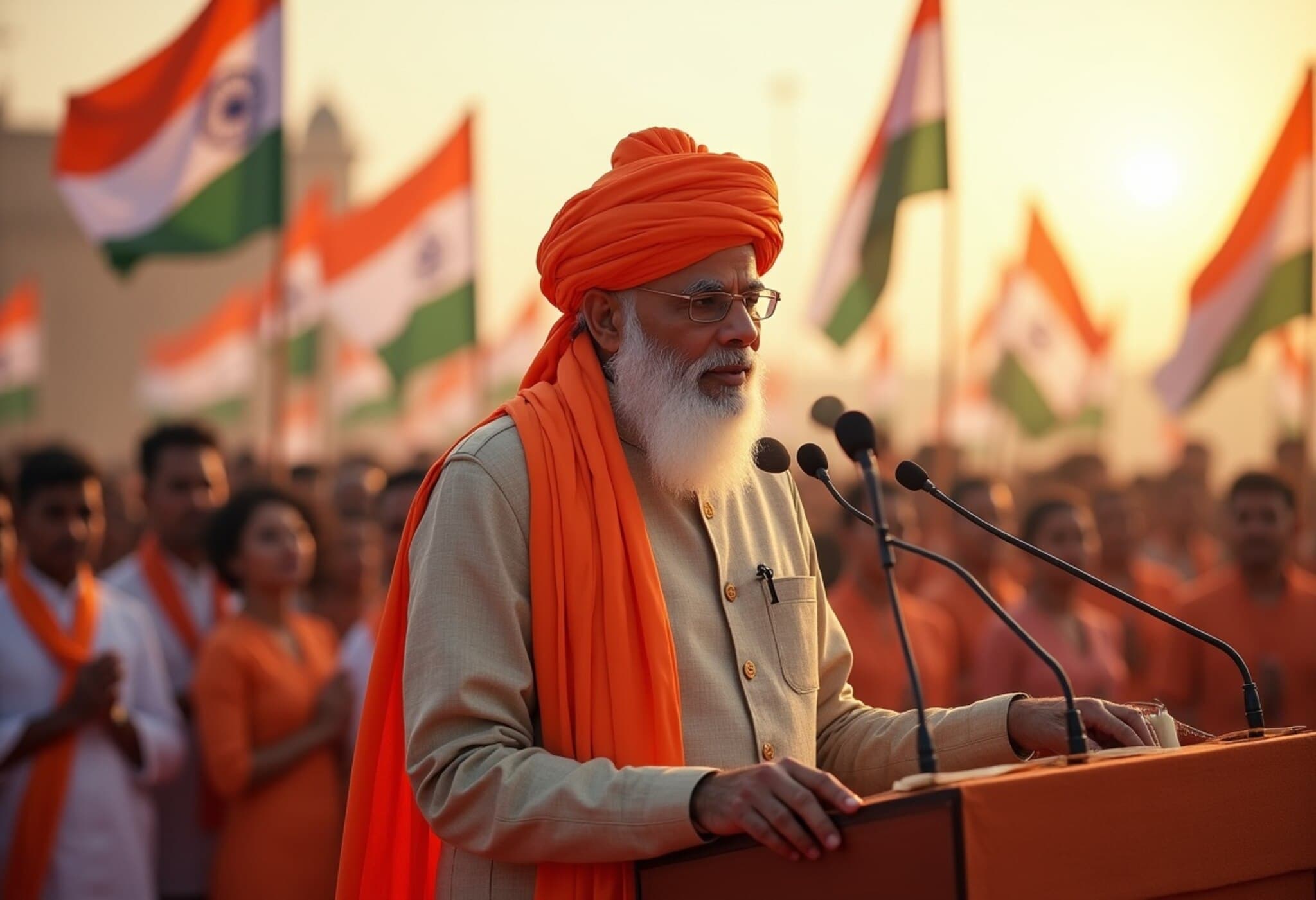China’s Top Spy Agency Strikes Back at ASIO Over Espionage Allegations
In a fiery rebuttal, China’s Ministry of State Security (MSS) has sharply criticized the Australian Security Intelligence Organisation (ASIO) for what it calls an unfounded and "irrational" portrayal of a Chinese espionage threat targeting Australia. This heated exchange unfolds against the backdrop of increasing geopolitical tensions and recent espionage-related arrests.
ASIO’s Warnings and China’s Response
During the Hawke Oration in Adelaide on July 31, ASIO Director-General Mike Burgess highlighted what he described as "unprecedented" espionage activities by nation-states. Burgess explicitly named China, Russia, and Iran as primary actors attempting to infiltrate Australian institutions and steal sensitive information. According to Burgess, these acts represent a broad and sophisticated campaign targeting Australia's national security interests.
In a statement posted on its official WeChat account, the MSS dismissed these claims, accusing Australian agencies of concocting a "Chinese espionage threat" narrative to justify their own covert operations against China. The statement condemned ASIO’s allegations as "irrational and unprofessional," suggesting that Australia is inflaming bilateral tensions unnecessarily.
Chinese Ministry of State Security: "Australian intelligence agencies have advocated the ‘serious threat’ posed by foreign espionage activities to Australia, packaging themselves as innocent ‘victims’ with groundless accusations against China."
Context of Espionage Cases and Diplomatic Fallout
The MSS also highlighted recent prosecutions in China involving espionage activities allegedly instigated by Australian intelligence. These cases, according to China, demonstrate its commitment to safeguarding its sovereignty and development interests. By contrast, China claims Australia's allegations undermine recent bilateral efforts aimed at stabilizing their relationship.
This dispute emerged shortly after the arrest of a Chinese national in Australia, charged with foreign interference related to spying on a Buddhist association’s Canberra branch. ASIO described the woman’s conduct as an "appalling assault" on Australian values and sovereignty. This marks the third foreign interference charge since Australia introduced relevant laws in 2018 — legislation China has vocally opposed, citing it among its major grievances with Canberra.
The Broader Geopolitical Implications
The intensifying espionage accusations come amid a global crackdown on intellectual property theft and state-backed spying, notably by China. In 2023, the Five Eyes intelligence alliance — comprising the US, UK, Canada, New Zealand, and Australia — publicly condemned China’s covert activities as the most sophisticated intellectual property theft program in history.
ASIO's director-general naming China openly marks a departure from the traditional cautious approach to publicly discussing specific espionage threats, signaling a shift to more assertive public diplomacy. Such developments underscore the complex balancing act Australia faces: protecting national security while managing a strategically vital but fraught relationship with China.
Expert Insight: Navigating a Complex Security Landscape
From an American policy analyst perspective, Australia’s experience highlights a broader challenge confronting Western democracies: how to transparently confront espionage without tipping bilateral relationships into outright confrontation. The use of public rhetoric serves dual purposes — warning domestic audiences and applying diplomatic pressure internationally.
However, experts caution that accusations alone do not resolve underlying issues of trust and strategic rivalry. Engaging in backchannel diplomacy, such as ASIO director Burgess’s reported meetings with Chinese officials, remains crucial for mitigating risks and preserving open communication in a fragile geopolitical environment.
What This Means for Australia-China Relations
- Strained diplomatic ties: These public accusations and rebuttals add tension to an already complex bilateral relationship.
- Bilateral mistrust: Espionage claims exacerbate skepticism, making diplomatic progress more challenging.
- Public perception: Australian and global audiences gain increased awareness of the depth of espionage risks Australia faces.
- Policy implications: The debate may influence Australia’s future intelligence, foreign policy, and legal frameworks.
Editor’s Note: Unpacking the Espionage Dispute
This latest salvo from China’s Ministry of State Security reflects more than just a tit-for-tat response; it symbolizes a deeper contest over narrative control and sovereignty in the Asia-Pacific. As Australia seeks to assert its security interests amid a rapidly evolving geopolitical landscape, questions remain about how democracies balance transparency, law enforcement, and diplomacy.
For readers, the key takeaway is to recognize espionage accusations' dual nature: they reveal real security concerns but also serve as instruments in broader diplomatic signaling. Understanding these layers is essential to grasping the nuances behind the headlines and the fragile nature of Australia-China relations today.











